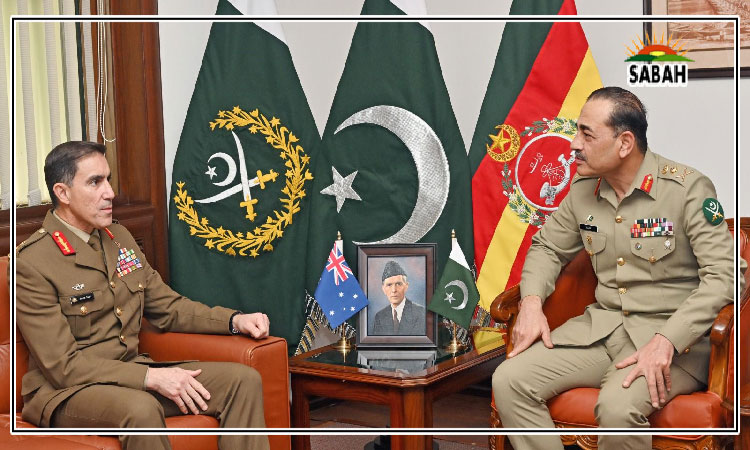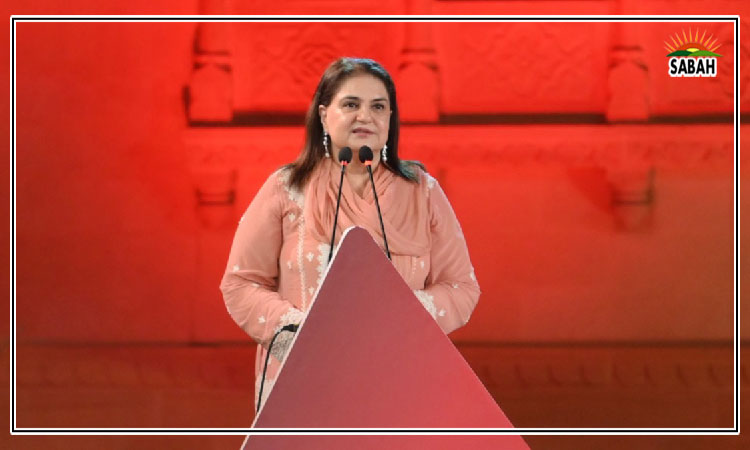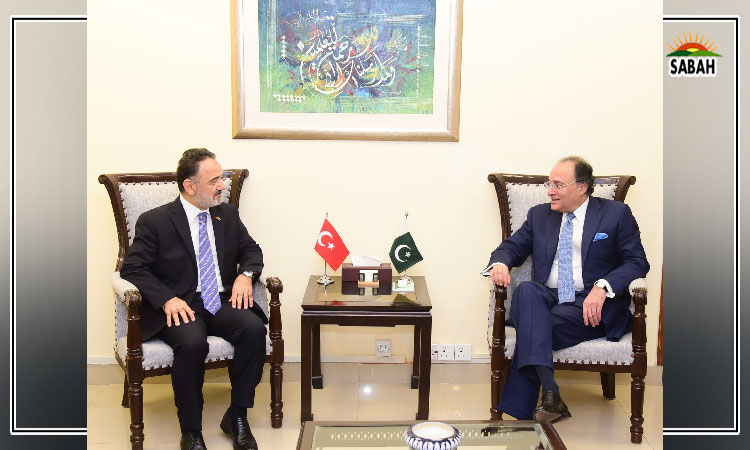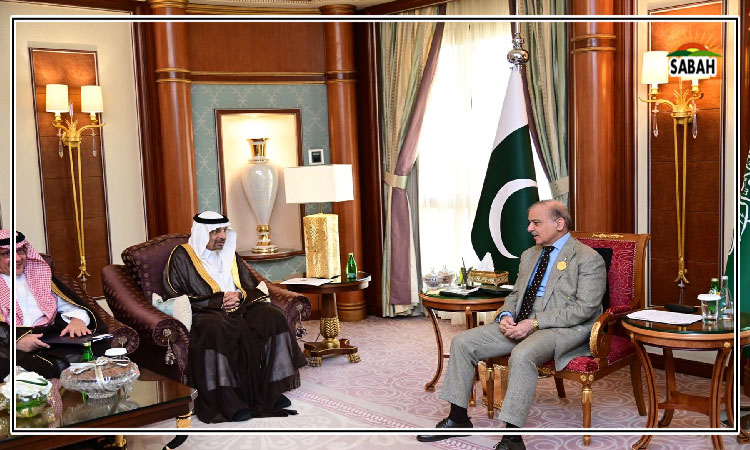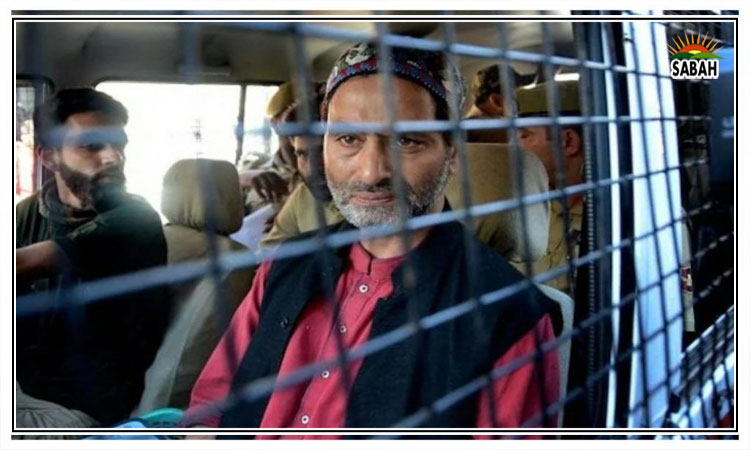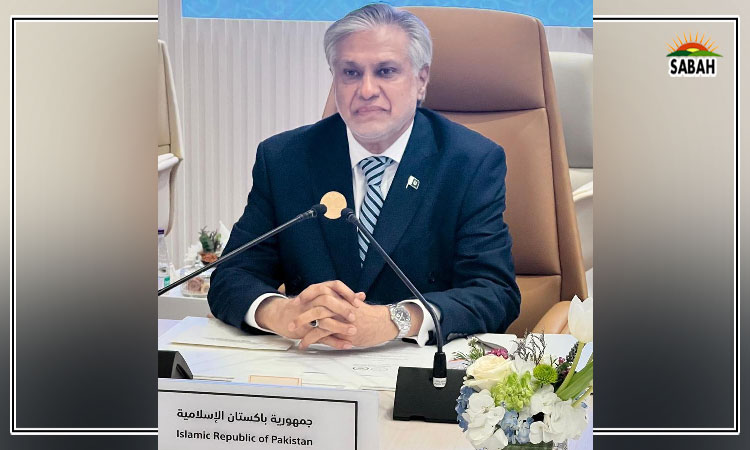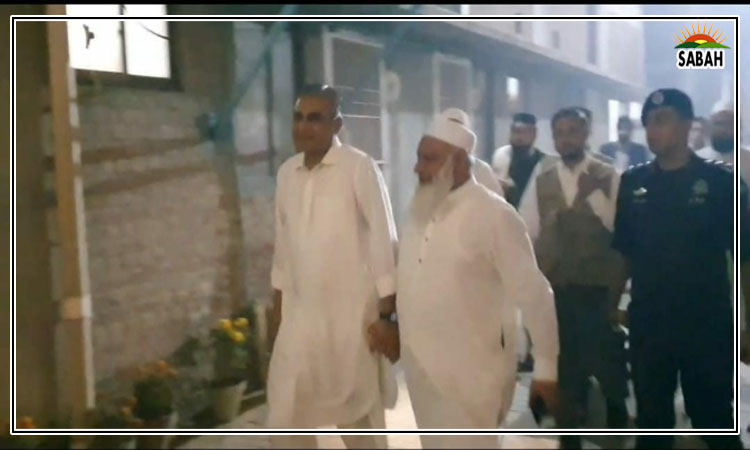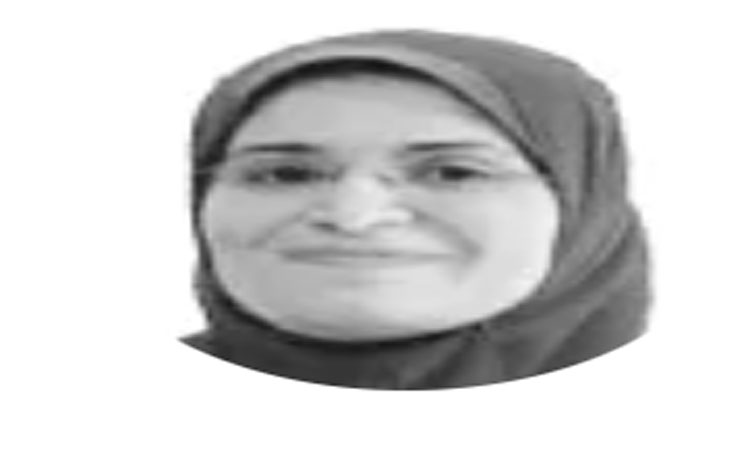Three Pakistans…Dr Niaz Murtaza
OUR 75-year history contains three eras of about 25 years, each starting and ending in a crisis, marked by lengthy army rule, hybrid regimes and debatable progress. This torrid history came from four huge prenatal gaps, which made the new state vulnerable to multiple problems, all oddly starting with an E.
Perhaps only unstable Lebanon and South Sudan globally lacked at birth both historical statehood and natural nationhood. Our freedom drive was uniquely pre-emptive, faith-based and elitist based more on the Muslim elites fears about their interests under Hindu rule rather than the abuses of the masses. It thus lacked mass politics in its western half. Finally, the country largely received Indias poorest areas. So, at birth, it faced the huge task of creating a state, nation, polity and an economy under an inept coterie. Oddly, 75 years later, it faces the same four tasks and inept coterie, any progress soon reversing itself.
Elitist Pakistan (1947-71): This era started with the blood-soaked Partition. The elite-headed freedom drive soon generated its first three E issues: elitist economy, establishment sway and ethnic gripes. A fourth enmity emerged soon with India on Kashmir. The four Es mix led to the second tragic partition.
Extremist Pakistan (1972-98): This era started with the 1971 trauma and ended with huge economic, political and external crises due to the nuclear tests and another army coup. The four Es soon led to other E issues. To deal with enmity and ethnicity, the establishment stoked extremism, this eras lasting legacy. The economy, which earlier at least had efficiency if not equity, lacked both now to become another major E issue. Finally, the nuclear tests and coup triggered external exclusion and isolation.
We face possible collapse in almost all realms.
Excluded Pakistan (1999-2023): This era started and ended with huge economic and political crises and external exclusion. But the two ends hide eras of progress based on deep ties with the US and China, which were weakened due to the legacies of several Es elitism, establishment and extremism. Other Es rose soon. Educationally, we have the worlds second highest number of illiterate children. Globally, we have had three mega emergencies since the 2005 earthquake and the 2010 and 2022 floods, plus many smaller ones.
Electorally, the establishment is again ignoring the Constitution and is seen to delay the polls. Ecologically, we are one of the states most vulnerable to climate change, which is forcing eviction and emigration. Exclusion globally is back as we shun the world socially due to extremist xenophobia, while it shuns us politically and economically, as in the case of the new meandering India-Europe corridor that the G20 chose over the straight India-Pakistan-Iran-Turkey-Europe route due to our tense ties with India and the US. To this long list of existential E threats, one can add some Ds demography, despotism and despondency.
Today, we face possible collapse in almost all realms institutional, constitutional, judicial, political, economic, social, security, ecological and external all deeper variants of the original pre-1947 gaps in state, nation, polity and economy that persist even after 75 years.
The new post-poll regime will face the huge task of rebuilding a collapsed country much like the post-partition 1947 and 1971 set-ups and work for a better fourth 25-year era, which may, sadly, prove worse than the previous eras. The past two set-ups largely failed. The run-up to this one looks worse. Polls will surely be rigged and the old root causes of our pains elitism and the establishment remain at a time we badly need a legitimate, pro-poor and able regime. The teary activist heart yearns for it now while the cold analyst head says bluntly that it is a dream.
Can society push back to at least cut the risk of doom from a grim mix of demography, ecology, emergencies, evictions, emigration, economic collapse, extremism, external exclusion, nuclear calamity, political instability and ethnic strife? The key challenge for society is to push against enmity with India as it is the one E that can have a big domino effect on all Ds and Es. It may cut external exclusion, despotism, the establishments sway, and its use of extremism, and election rigging, and generate money to better manage the economy, education, epidemics, emergencies, the ecology, ethnic gripes, evictions and emigration. This raises the teasing query of how better our history may have been without this enmity.
The extent to which society can push the elites may decide which E-word history assigns to our next 25-year centennial era: emerging, entropic or even extinct.
Courtesy Dawn


